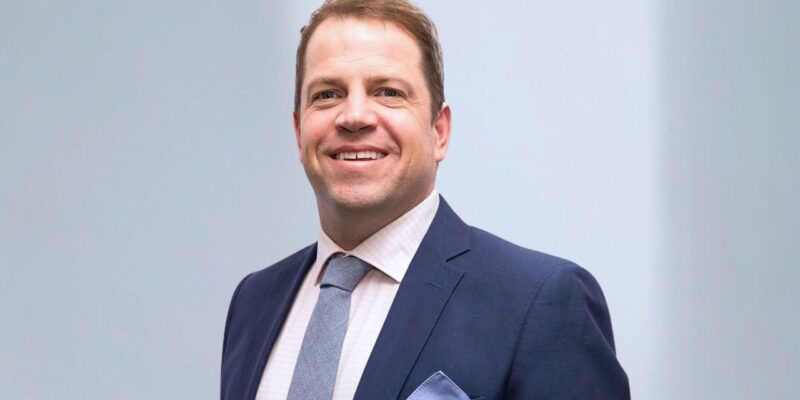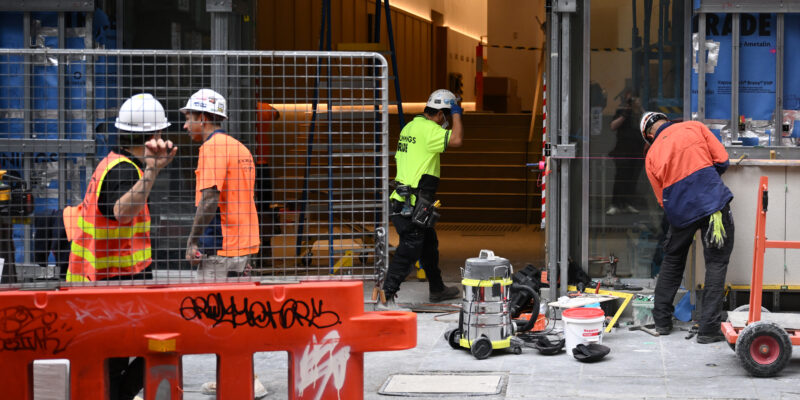Agents of change: ‘realtors need to be across the AML rules’
In a parliamentary inquiry into law enforcement, Australian real estate boss says agents need to be on top of obligations and the rules of engagement.

AUSTRALIA’S top real estate body has told a parliamentary inquiry that educating the industry and consumers about upcoming anti-money laundering reforms must remain a priority.
From July 1, 2026, real estate agents will become reporting entities under the Anti-Money Laundering and Counter Terrorism Financing regime. This will require them to undertake customer due diligence on both the seller and buyer.
Scott Rollason, CEO of the Real Estate Institute of Australia (REIA), told the federal parliament’s Joint Committee on Law Enforcement this week it is “critical” especially for the real estate industry to be well across the changes.
The REIA has already begun work on a consumer awareness campaign in collaboration with real estate portals targeting home buyers and sellers.
The peak body is also involved in a separate industry campaign encouraging real estate agencies to enrol with AUSTRAC as reporting entities by March 31, 2026, to legally provide their services.
However, AUSTRAC must support this work, Mr Rollason said, suggesting an Australian government branded ‘microsite’ could provide information for real estate consumers to use in a bid to improve trust and understanding.
“If you are having a conversation with a customer, you can then direct them to an Australian government-branded website, which essentially details the requirements that are put upon real estate agents. That would be very helpful,” Mr Rollason added.
Real estate comprised 65% of the $1.2 billion in criminal assets seized by Australian federal police between 2020-24, Mr Rollason said.
One of the property sector’s concerns is the potential reluctance of some consumers to comply with the new obligations during transactions.
Mr Rollason said agents have “minimal levers” to conduct customer due diligence, and this was not helped by the fact the public had low trust generally in the real estate profession.
“It’s a challenging base to come from, and when you’re dealing with a huge life changing transaction, the stress is there,” he said.
“Being able to really demonstrate that the collection of this information is for the purposes of the anti-money laundering regime, which is an Australian government program, would be very helpful in building that trust and directing that we’re just essentially the stewards of that regime – we’re not using that information for business purposes.”
Mr Rollason said there is “still a long way to go” in creating practical, accessible guidance specifically tailored for agents, but AUSTRAC planned to release this in January.
“I think that will be the key to really being clear and consistent,” he said.
“There’s a need to really target that education and awareness to be appropriate to the audience.”
Mr Rollason said the REIA also has a proposal before AUSTRAC to help fund awareness training to educate the 70,000 real estate agents on the frontline.
Any further support from government and AUSTRAC to further educate agents would be welcomed, he added.
“It’s really key to get that information right,” Mr Rollason said.
“The ‘why’ as well is very important – why are we doing this to support the fight against money laundering and the impacts of money laundering on things like human exploitation, child trafficking – so really telling that story as well.
“Then there’s some really practical hints around the real tough conversations you’ll have with, say, the buyer who we don’t have a commercial agreement with from a selling agent’s perspective.”
Overall, Mr Rollason believes real estate agents are “very well placed” to help clamp down on money laundering.
“I think we’re going to be a very useful profession in the fight. Our frontline is very strong in interpersonal skills, strong intuition,” he told the inquiry.
“Part of the role already when buyers come through the door is looking at: ‘Can this person afford the property?’ That sort of experience goes towards source of wealth investigations.”






